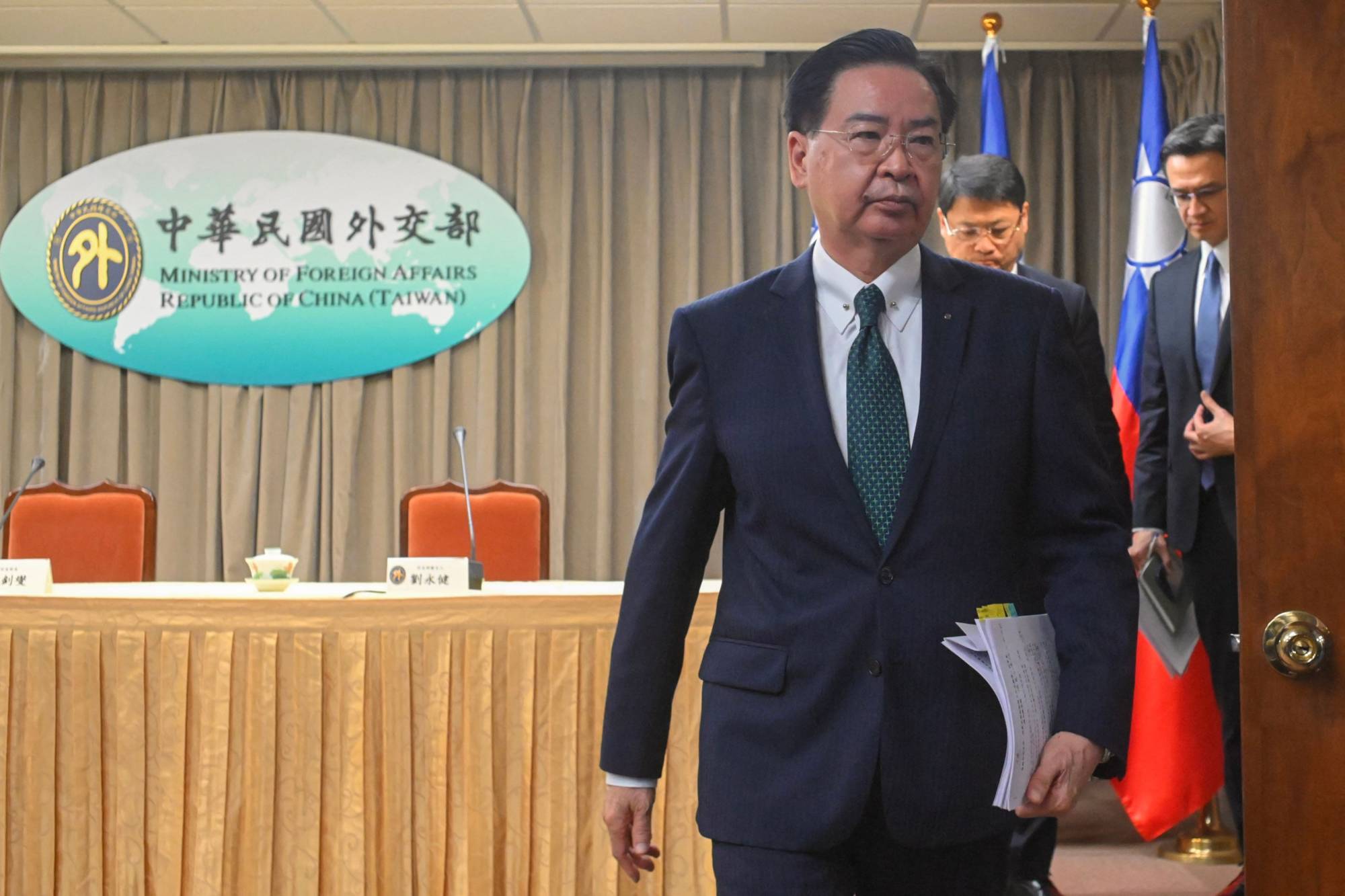China established diplomatic ties with Honduras on Sunday after the Central American country ended its decadeslong relationship with Taiwan, as Taiwan's foreign minister accused Honduras of demanding exorbitant sums before being lured away by Beijing.
The ending of ties with Taiwan had been long expected after the Honduran foreign minister traveled to China last week to open relations and President Xiomara Castro said her government would start ties with Beijing.
China said its foreign minister, Qin Gang, and Honduran Foreign Minister Eduardo Enrique Reina signed the deal on diplomatic recognition in Beijing, ending relations with Taiwan dating back to the 1940s.


















With your current subscription plan you can comment on stories. However, before writing your first comment, please create a display name in the Profile section of your subscriber account page.